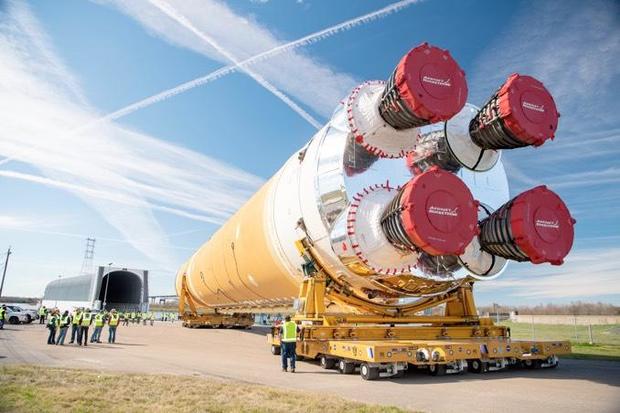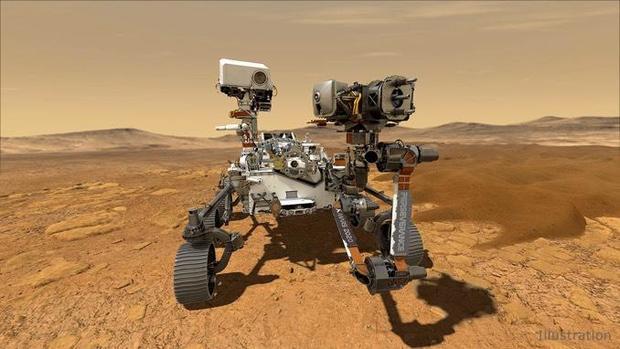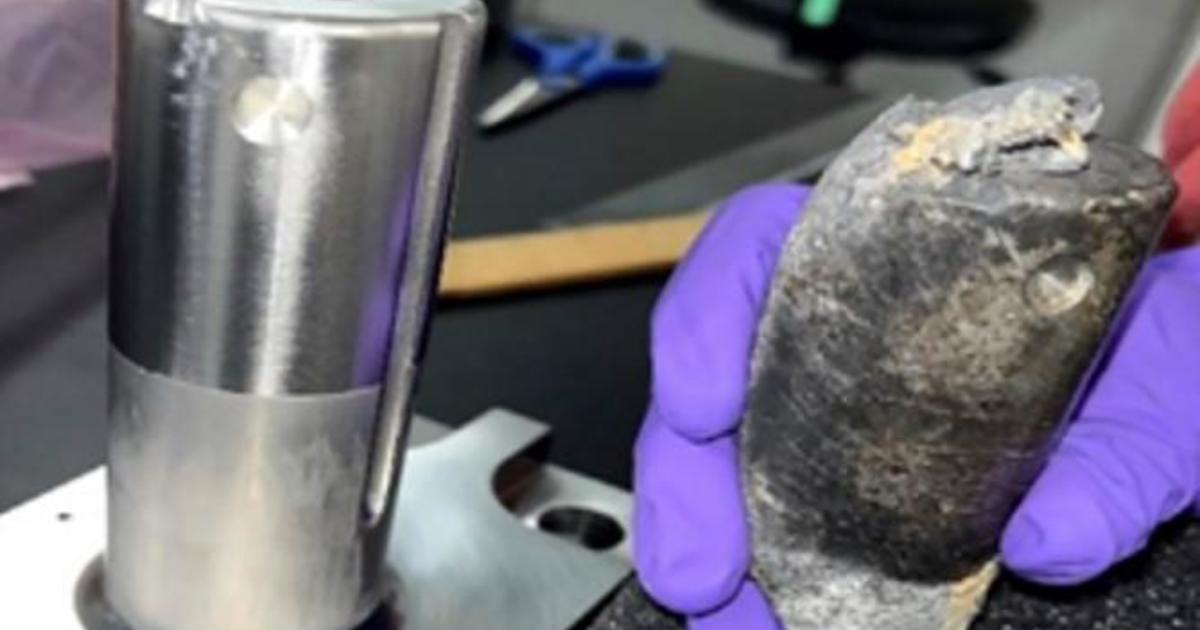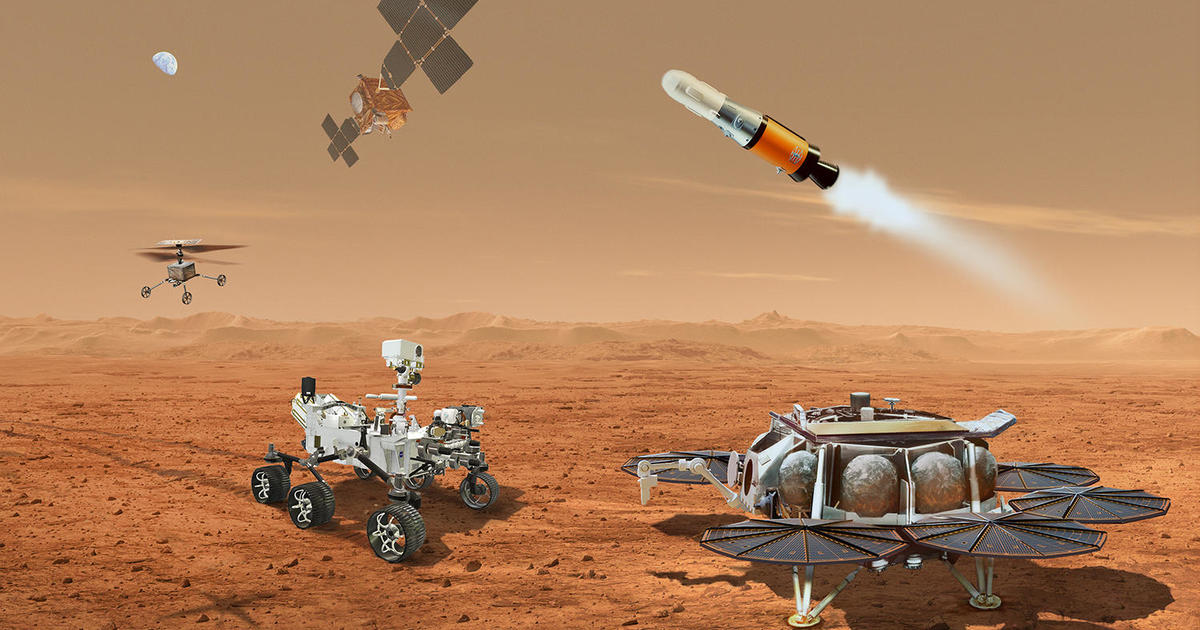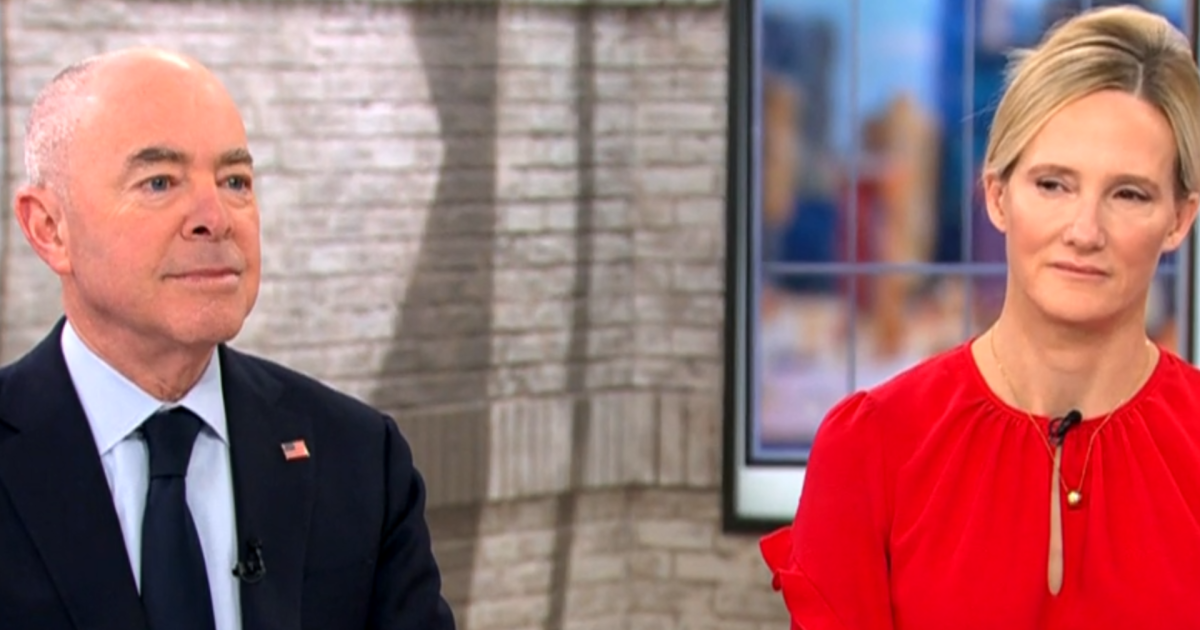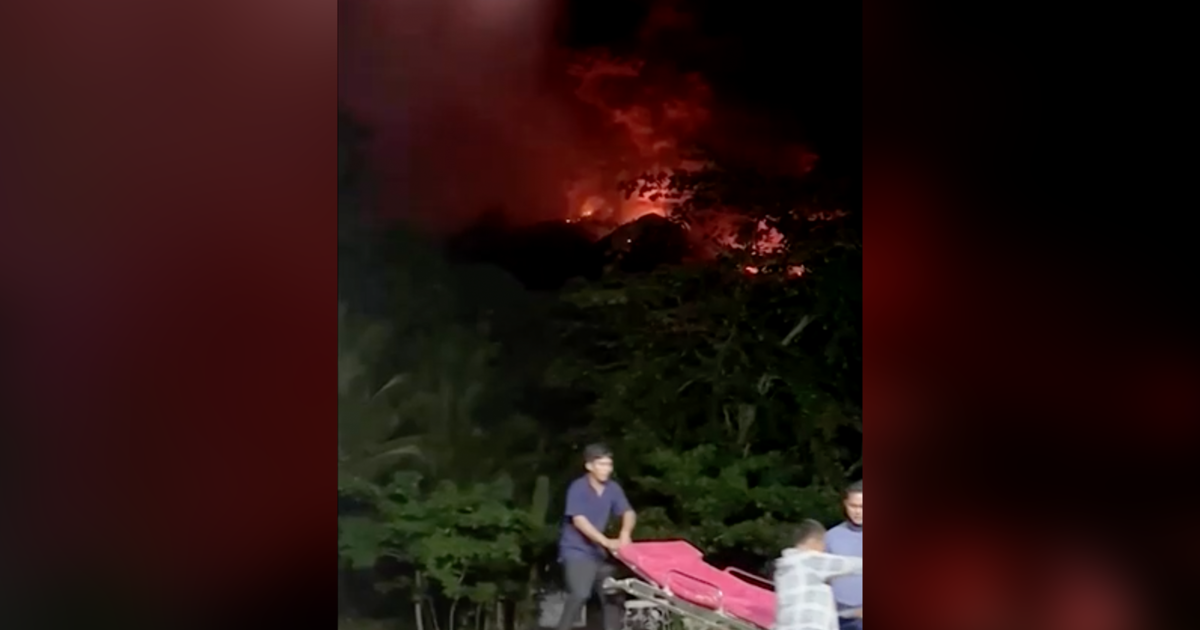NASA suspends work on moon rocket, capsule due to COVID-19 threat
NASA is closing the Michoud Assembly Facility in New Orleans and the nearby Stennis Space Center in Mississippi because of the "rising number of COVID-19 cases in the community," administrator Jim Bridenstine announced Thursday evening. As a result, work on the agency's Space Launch System rocket and Orion crew capsules, both critical elements in NASA's Artemis moon program, will be suspended.
"The NASA and contractors teams will complete an orderly shutdown that puts all hardware in a safe condition until work can resume," Bridenstine said in a blog post. "Once this is complete, personnel allowed onsite will be limited to those needed to protect life and critical infrastructure."
"We realize there will be impacts to NASA missions," he added, "but as our teams work to analyze the full picture and reduce risks we understand that our top priority is the health and safety of the NASA workforce."
The gargantuan first stage of the SLS booster, built by Boeing at the Michoud facility, is currently mounted in a massive test stand at Stennis where engineers were in the process of carrying out a long series of tests before a planned main engine test firing later this summer.
The "green run" test, a full-duration engine firing, is a major milestone on the road to readying the rocket for a maiden test flight in 2021 to boost an Orion capsule, built by Lockheed Martin, on an unpiloted voyage beyond the moon.
NASA hopes to launch another SLS rocket and Orion capsule with a crew on board in the 2022-23 timeframe before a third mission that would carry astronauts to the south pole of the moon by the end of 2024, a Trump administration mandate.
The Artemis moon program already was on an extremely tight schedule to make that deadline and a major work stoppage would all but rule out a landing in 2024.
Artemis isn't the only program facing uncertainty due to COVID-19. All other NASA field centers, including the Kennedy Space Center in Florida and the Johnson Space Center in Houston, are at "stage 3" in NASA's coronavirus response framework, requiring all non-essential personnel to work from home. Limited agency travel had been allowed, but Bridenstine said Thursday all NASA travel is now on hold.
"Mandatory telework is in effect for NASA personnel at both facilities until further notice," he said. "Additionally, all travel is suspended. These measures are being taken to help slow the transmission of COVID-19 and protect our communities."
Stage 4, requiring mandatory base closure, already was in effect at NASA's Ames Research Center in California.
Mission-essential personnel are still at work at the Kennedy Space Center readying the $2 billion Perseverance Mars rover for launch in July. Mars launch windows, based on the relative positions of the two planets, only come around every two years — and if Perseverance misses the 2020 window, opening July 17 and closing August 5, the flight will be delayed to 2022.
Perseverance, also known as Mars 2020, is classified as a stage 4 project, meaning work will continue even if the Kennedy Space Center is closed.
"We're going to ensure that we meet that launch window in July," Lori Glaze, director of NASA's planetary science division, said Thursday during a virtual town hall meeting to discuss future mission priorities. "In so doing, we're also making sure that our personnel are healthy and safe."
"We're taking every precaution to make sure that those individuals that are working on Mars 2020 are going to work in conditions and have an environment where they're able to stay safe," Glaze added. "But we're continuing the activities, the integration and test activities, that are going on at Kennedy Space center."
As of Thursday, she said, "even if we go to a next stage of alert, Mars 2020 is moving forward on schedule and everything is so far very well on track."
A variety of other ongoing missions also require around-the-clock attention, including the $9.7 billion James Webb Space Telescope. JWST, the most ambitious — and expensive — space science project in history, is scheduled for launch next year. As with Perseverance, NASA and contractor Northrop Grumman plan to continue processing.
At the Johnson Space Center, mission control personnel supporting International Space Station operations also are deemed "mission-essential" and remain on the job despite the center's stage 3 status, as are personnel supporting work to prepare for the first piloted test flight of a SpaceX Crew Dragon spacecraft in May.
NASA astronaut Chris Cassidy is in final training at Star City near Moscow before launch with two Russian cosmonauts on April 9 from the Baikonur Cosmodrome in Kazakhstan. In an interview with CBS News earlier Thursday, Cassidy said the flight is on schedule, but strict travel restrictions and quarantine protocols are in effect.
"I will have no launch guests at at the Baikonur Cosmodrome," he said, including his family. "The launch guests who go into and out of Moscow to get the Baikonur couldn't get back through Moscow. So that closed the gates for us. ... And so none of those folks will come."
